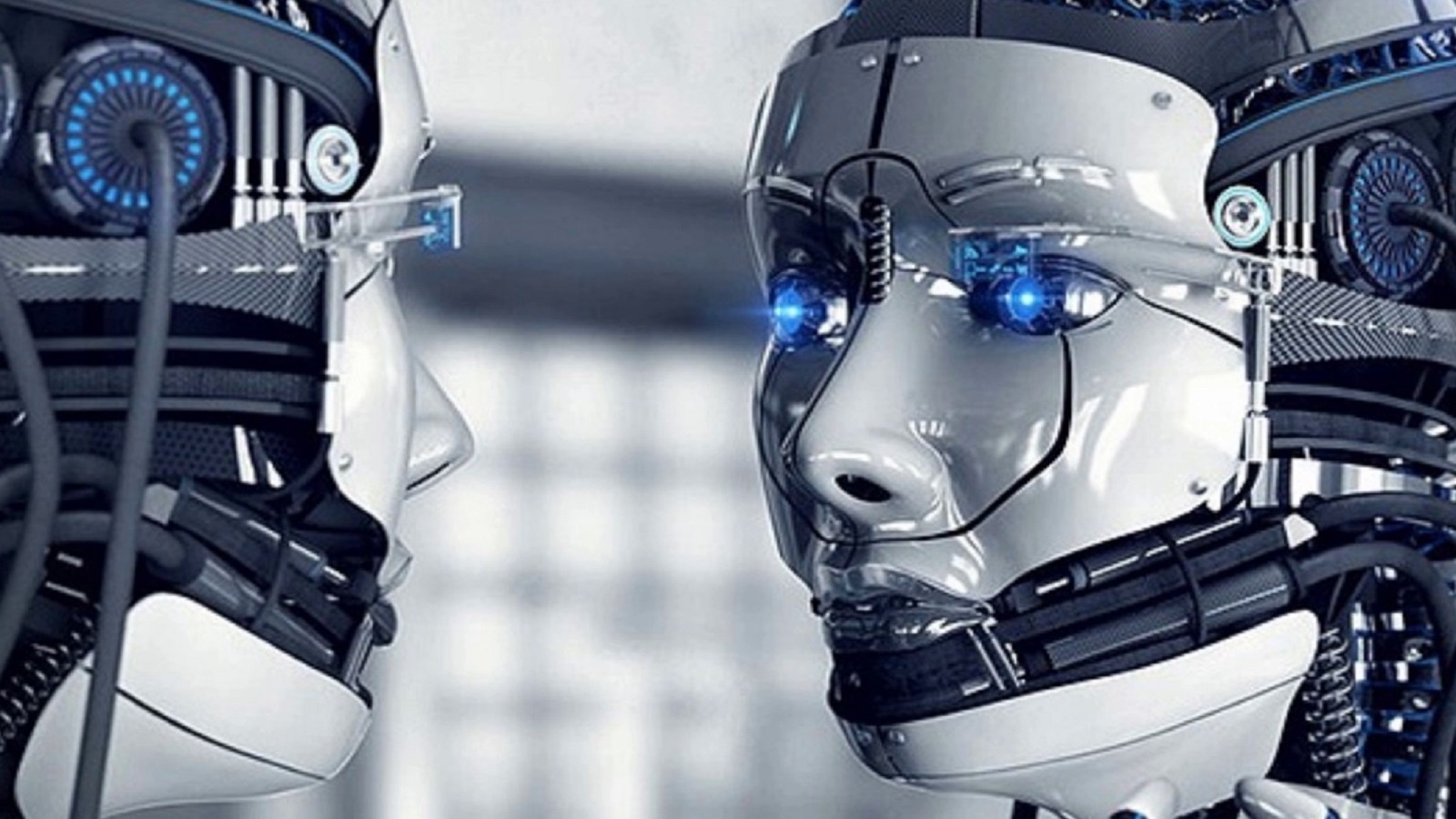Every day, we are inching closer to some kind of artificial intelligence.
At this point, it isn't so important whether we're talking about truly self-conscious machines or not. Advances in big data, machine learning and robotics are all poised to give us a world in which computers are effectively intelligent in terms of how we deal with them.
Should you be scared by this proposition? Based on a lecture I just attended, my answer is: "absolutely, but not in the usual 'robot overlords' kind of way."
Instead, the real fear should be about getting human beings wrong, not getting AI right.
The lecture I attended was given by Rana el Kaliouby. She is a brilliant scientist who works on giving computers the ability recognize the emotions of humans they interact with. More than just an academic, she is also an entrepreneur. El Kaliouby is CEO of Affectiva, a company whose "AI humanizes how people and technology interact."
But while El Kaliouby's presentation was thrilling (she is a truly engaging speaker), the longer the lecture went on, the more troubled I became.
The essence of the technology that Affectiva pioneers is the ability of computers to recognize human emotions based on the "activation" of muscles in the face. The link between facial expressions and emotions is, of course, something we humans all know how to read. But researchers have gone beyond the gross characteristics of "smile" vs. "frown" to map out groups of facial muscles and their links to specific emotional states. The AI built by Affectiva can identify the positions of facial muscles and uses them to infer the emotional state of its user. Then the machine responds in ways that take that emotional state into account. (The company is also working on identifying emotions using speech.)
One potential application for the technology's use would be to provide "emotional robots" for the elderly. Having a machine that could converse in an empathic way would give an older person without much human contact "someone" to spend time with.
The fact that this is even possible is pretty remarkable and serves as a testimony to how far and how fast our machines have come in the ability to react to environments (including us). But as more potential applications of the technology were discussed in El Kaliouby's lecture, the more it became clear to me how the technology is also a kind of trap we are preparing for ourselves.
We often like to say that technology is "value free." Scientists make their discoveries and engineers build their inventions, and these are all free of "values." It's society that adds those in. But I have never bought fully into that equation. All research occurs in cultural settings. Why are some research questions considered important (and worthy of funding) while others are deemed uninteresting? The answer to this question is always colored by the culture in which the researchers live.
More importantly, research programs can come with a raft of philosophical baggage. These underpin the assumptions made in developing and carrying forward those programs. The assumption that lies behind emotional computing technologies is that facial states capture emotions. From the computers point of view, they are emotions. At the root of this equation is a reduction of human experience to neural programming whose outward manifestation can be captured algorithmically.
The point here is not to begin an argument about the nature of consciousness. Instead, it's to see how technologies like Affectiva have built-in assumptions about what we are as humans. As the technologies are deployed in the world, they can reframe the world. In this way, technologies can rewire society in ways that can be hard to escape from. If you want an example, just think iPhones and social media.
So imagine we get robots that keep lonely, older people company. That is a good thing right? But won't that also relieve us from questioning how we ended up in a society that warehouses the elderly because we don't know what else to do with them? Might there be other, more humane — and human — solutions than robots (that will be sold at a steep price by the robot companies)?
Another example given in the lecture was something along the lines of allowing a family to watch different versions of the same show but each version gets tuned, in real time, to that family member's emotions. Perhaps the computer senses that brother wants a happy ending but sis wants everyone to die. I found this idea more than a little horrifying. It's not as if we don't live in our own bubbles enough now. Why provide more means to pull us away from shared experience?
This led to another troublesome problem. The technology will clearly have useful applications, like developing learning apps for kids with autism. But it will be in the domains of sales and coercion that it finds its greatest deployment. Our "emotion data" will be used against us to make money, or worse, for someone else.
But, at the root of it all, is the fact that "emotion data" is not the same thing as the real, vivid, present, enacted emotional experiences we have being human. Our emotions are not our faces or our voices. They aren't data. They can't be pulled out like a thread, one by one, from the fabric of our being.
But once a technology that treats emotions as data becomes pervasive, we may soon find that data is the only aspect of emotion we come to recognize or value. Once billions of dollars flood into that equation, we may find ourselves trapped in a pervasive technology that flattens our experiences and reduces our lives.
And that, more than robot overlords, is what scares me about AI.
Source: wlrn.org
Fuente: wlrn.org
